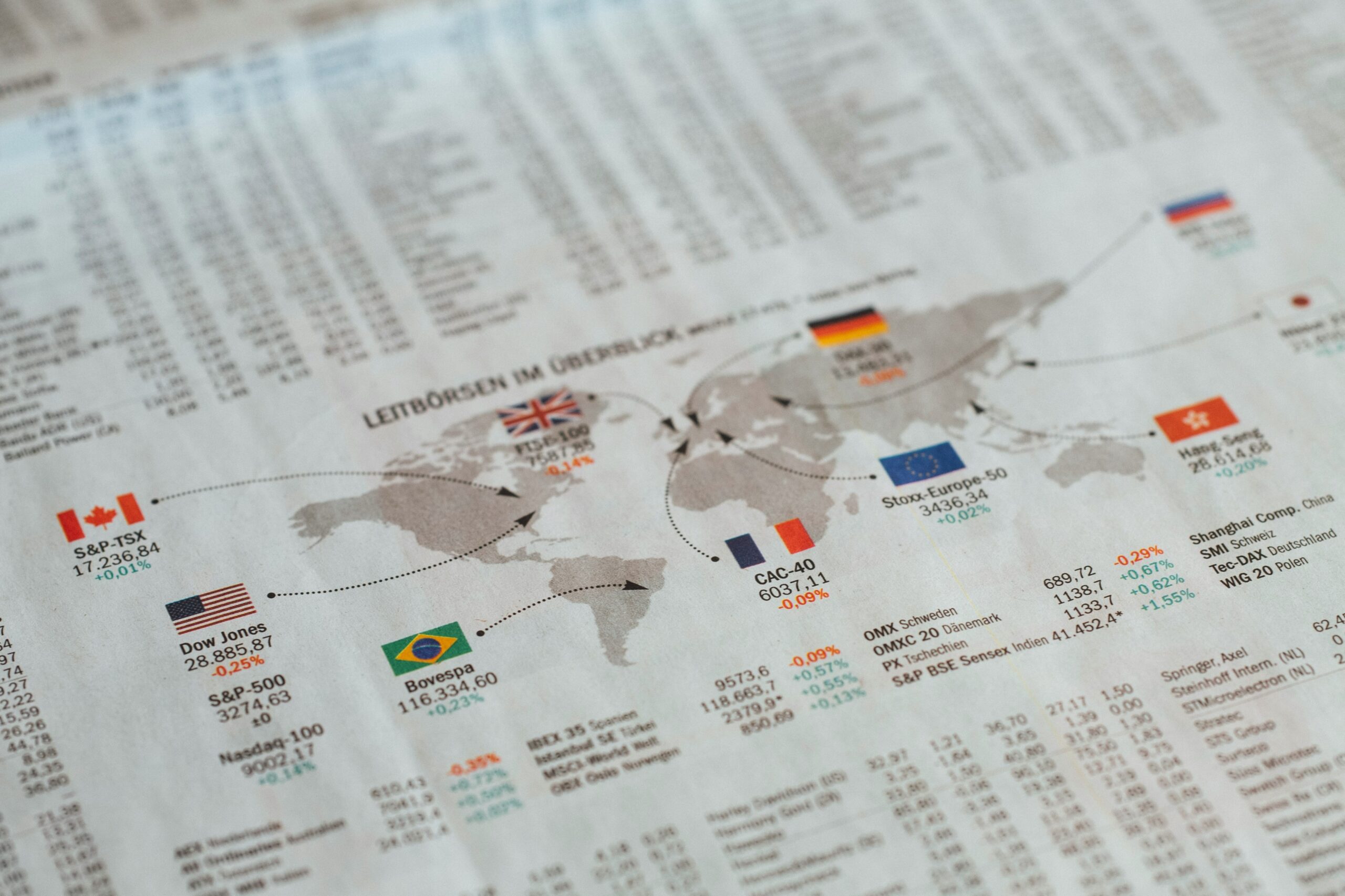“Ever thought your travel rewards card could accidentally make you a sanctions violator?” Yeah, it’s real. And scarier than realizing Netflix upped its prices again.
In today’s global economy, trade sanctions compliance isn’t just for multinational corporations—it impacts personal finance decisions like credit cards and insurance services, especially niche areas such as political risk insurance. In this post, we’ll unpack how to stay compliant while managing your financial tools, avoiding penalties, and keeping your peace of mind. You’ll learn:
- The basics of trade sanctions compliance for individuals.
- How these regulations affect credit cards and political risk insurance.
- Actionable steps to ensure you’re on the right side of the law (and avoid fines).
Table of Contents
- Key Takeaways
- The Problem: Why Trade Sanctions Compliance Matters
- Step-by-Step Guide to Staying Compliant
- Tips & Best Practices
- Real-World Examples
- FAQs About Trade Sanctions Compliance
Key Takeaways
- Ignoring trade sanctions can cost you thousands in penalties—even if unintentional.
- Credit card issuers are increasingly scrutinizing transactions tied to sanctioned countries.
- Political risk insurance helps mitigate risks related to international dealings—but only when used correctly.
- Simple compliance strategies include monitoring spending patterns and filing proper disclosures.
Why Should YOU Care About Trade Sanctions Compliance?
Let me tell you a little story from my own life. A few years ago, I booked a trip using miles earned via my favorite travel rewards card. Easy peasy, right? Wrong. That dream vacation destination turned out to be under economic sanctions—a rookie move on my part. The result? My account was flagged by my credit card provider, who asked for detailed documentation explaining those foreign transactions. Talk about stress!

If that sounds unlikely or far-fetched, consider this stat: In 2022 alone, over $1 billion in penalties were issued globally due to violations of trade sanctions laws, many stemming from accidental misuse of financial products like credit cards or poorly structured contracts involving political risk insurance.
H2 Subheading = Questions:
Optimist You: “But hey, I’m not an international arms dealer!”
Grumpy You: “Doesn’t matter. Accidental non-compliance still counts.”
How to Stay Compliant Without Losing Sleep
Alright, so what should you do? Here’s your actionable guide:
Step 1: Know Your Card Issuer’s Policies
Start by reading the fine print on your credit card agreement. Many issuers explicitly prohibit transactions connected to sanctioned entities or countries. If you’re unsure, call their customer service line and clarify before making any questionable purchases.
Step 2: Understand OFAC Regulations
The Office of Foreign Assets Control (OFAC) enforces U.S. trade sanctions. Familiarize yourself with their list of restricted entities and nations. Luckily, they offer searchable databases online—no need to become a legal expert overnight.

Step 3: Monitor Your Transactions Regularly
Use apps and alerts offered by your bank to keep tabs on where your money goes. If something looks fishy—a charge originating from a country you’ve never visited—it might be worth investigating further.
Tips & Best Practices for Compliance
- Talk to Experts: For complex scenarios, consult a lawyer specializing in international finance.
- Leverage Technology: Tools like automated transaction categorization software help flag potential issues early.
- Document Everything: Save receipts and notes for all cross-border payments. Better safe than sorry!
Pro Tip: Political risk insurance often requires proof of due diligence in sanctions compliance. Keep thorough records to streamline claims later.
*Rant Alert*:
Why does no one talk about trade sanctions until there’s a problem?! We’re living in a world where ignorance doesn’t cut it anymore. Stop shrugging off “terms of service” screens like they’re EULA agreements—READ THEM!
Real-World Examples of Getting It Right (and Wrong)
Take Sarah, a small business owner whose frequent flyer miles nearly got her into hot water. She unknowingly redeemed points at a hotel partially owned by a blacklisted entity. After being audited, she learned to always check ownership chains before booking anything abroad.
On the flip side, John—a freelancer working remotely in Europe—found success securing political risk insurance after meticulously documenting his work contracts and adhering strictly to OFAC guidelines. His compliance efforts paid off big time during a geopolitical crisis affecting client payments.
Frequently Asked Questions About Trade Sanctions Compliance
Q1: What happens if I violate trade sanctions without realizing?
Even unintentional violations can lead to hefty fines. Always assume ignorance won’t save you.
Q2: How do I know if political risk insurance covers sanctions-related losses?
Check your policy exclusions. Most insurers won’t cover claims arising from breaking sanctions deliberately.
Q3: Can my credit card company suspend my account over suspected sanctions breaches?
Yes, absolutely. They have zero tolerance policies for regulatory infractions.
Conclusion
Navigating trade sanctions compliance may feel overwhelming, but remember—you’re not alone. By staying informed, leveraging available resources, and adopting smart habits, you can protect both your finances and reputation. Now go forth armed with knowledge sharper than a freshly sharpened No. 2 pencil!
And because nostalgia fuels everything good: “Like avoiding dial-up internet fees, staying compliant keeps chaos at bay.” 😉


